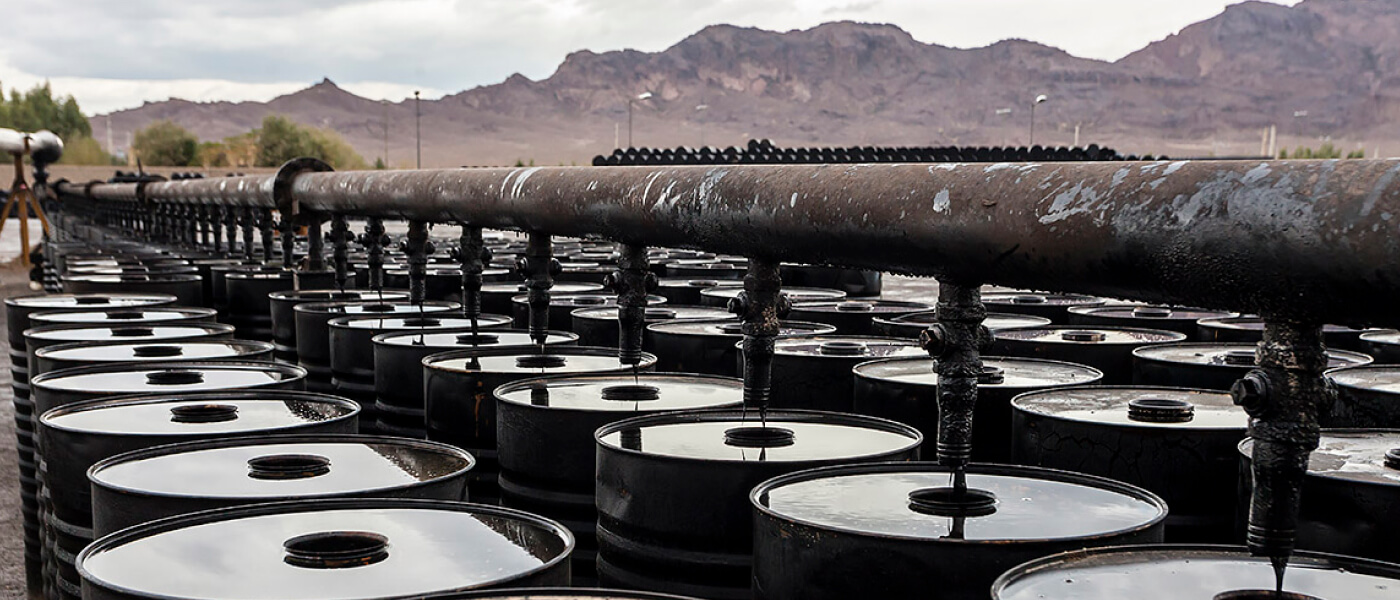

Fuel oil is a heavy petroleum product that that is formed as a result of oil distillation. It is a thick, dark brown or nearly black residue that is widely used in various industries. Due to its properties, fuel oil serves as an effective fuel and raw material for producing various materials.
Properties of Fuel Oil
One of the key characteristics of fuel oil is its high viscosity, which depends on its composition and temperature. At low temperatures, fuel oil becomes very thick, making its transportation and use challenging. To reduce its viscosity, fuel oil is typically heated, which makes it more liquid and the process of pumping it through pipelines or using it as a fuel. Another important characteristic of fuel oil is its flash point, which defines the minimum temperature at which fuel oil vapors can ignite in air. Typically, the flash point of fuel oil ranges from 60 to 100°C, making it relatively safe for storage and use under appropriate conditions.
Another significant property is its chemical composition, particularly its sulphur content. Fuel oil can contain substantial amounts of sulphur, which negatively affects its environmental performance. Burning high-sulphur fuel oil leads to emissions of sulfur dioxide, contributing to acid rain and other environmental issues. Consequently, modern fuel quality standards require desulphurization of fuel oil before its use.
The calorific value of fuel oil makes it an efficient fuel for various thermal processes. Due to its high energy density, fuel oil remains a popular energy source in many sectors, especially where a large amount of heat is required.
Applications of Fuel Oil
Fuel oil is widely used in various industries due to its availability and relatively low cost.
- Energy Production:
The most common use of fuel oil is as fuel for power plants. Fuel oil is used to generate electricity in boilers, where it is burned to generate steam that drives turbines. This is especially important in regions where access to other fuels is limited.
- Heat Supply:
Fuel oil is widely used for heating large industrial and residential facilities. Its high energy value makes it an efficient fuel for large heating systems, especially in colder regions where reliable and consistent heating is essential.
- Transport:
In the past, fuel oil was widely used as fuel for marine vessels, including tankers and cargo ships. However, with technological advancements and stricter environmental regulations, fuel oil is gradually being replaced by cleaner fuels, such as liquefied natural gas or low-sulphur fuels.
- Chemical Industry:
Fuel oil serves as a raw material for producing a range of chemical products, including lubricants, asphalt, and other petrochemical materials. Due to its high viscosity and adhesive properties, fuel oil is the basis for creating materials with increased strength and durability.
- Road Construction:
Fuel oil is used in asphalt production, where it acts as a binding component that provides stability and durability of the road surface. Due to its adhesive properties, fuel oil helps to create reliable and wear-resistant asphalt pavements that can withstand intense loads.
Environmental Aspects of Fuel Oil Use
The use of fuel oil is associated with a number of environmental challenges due to its chemical composition. The high content of sulphur and heavy metals in fuel oil contributes to harmful emissions into the atmosphere during its combustion. In view of this, in recent years, the requirements for fuel oil purification before its use have been tightened, and technologies to reduce harmful emissions have been introduced.
